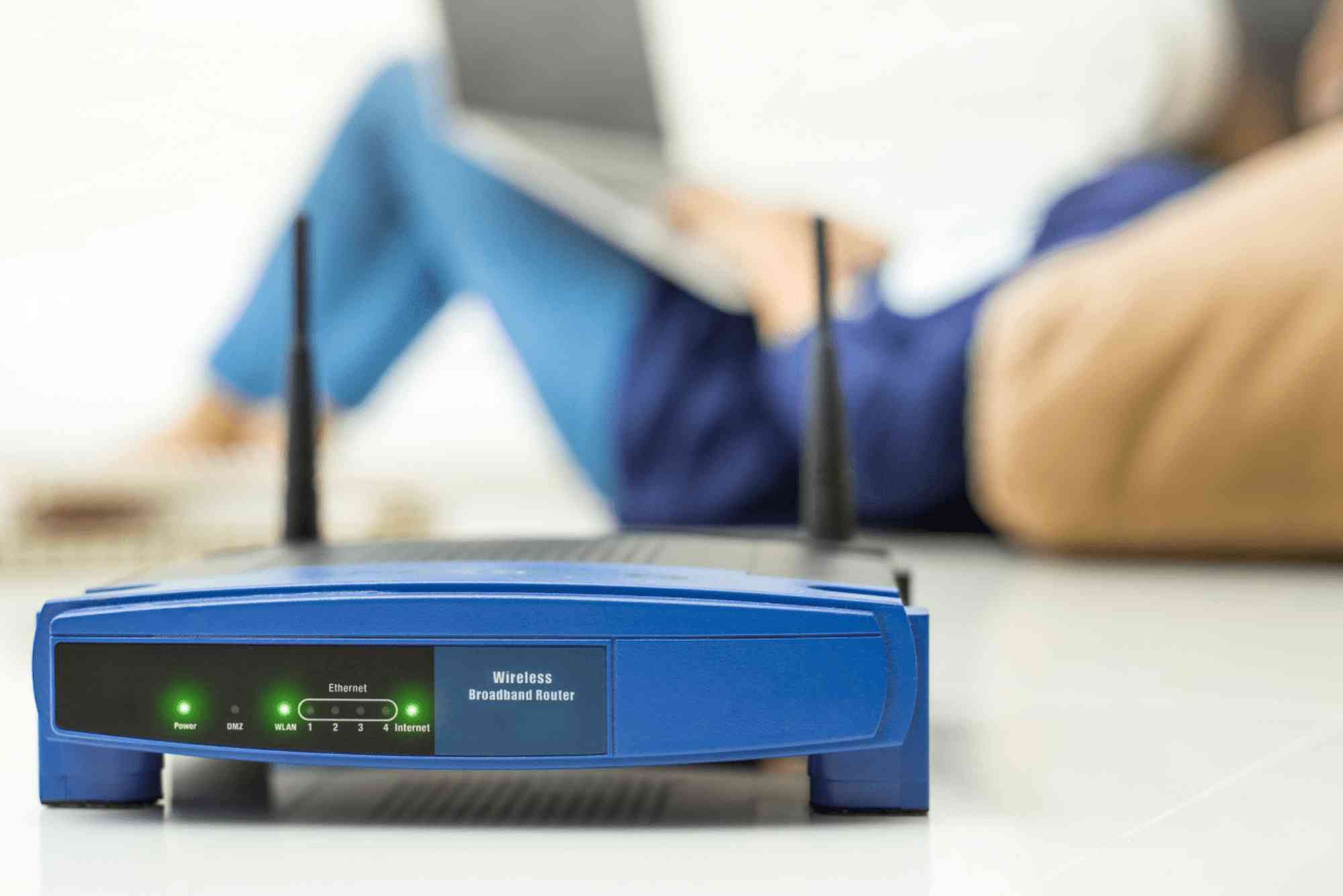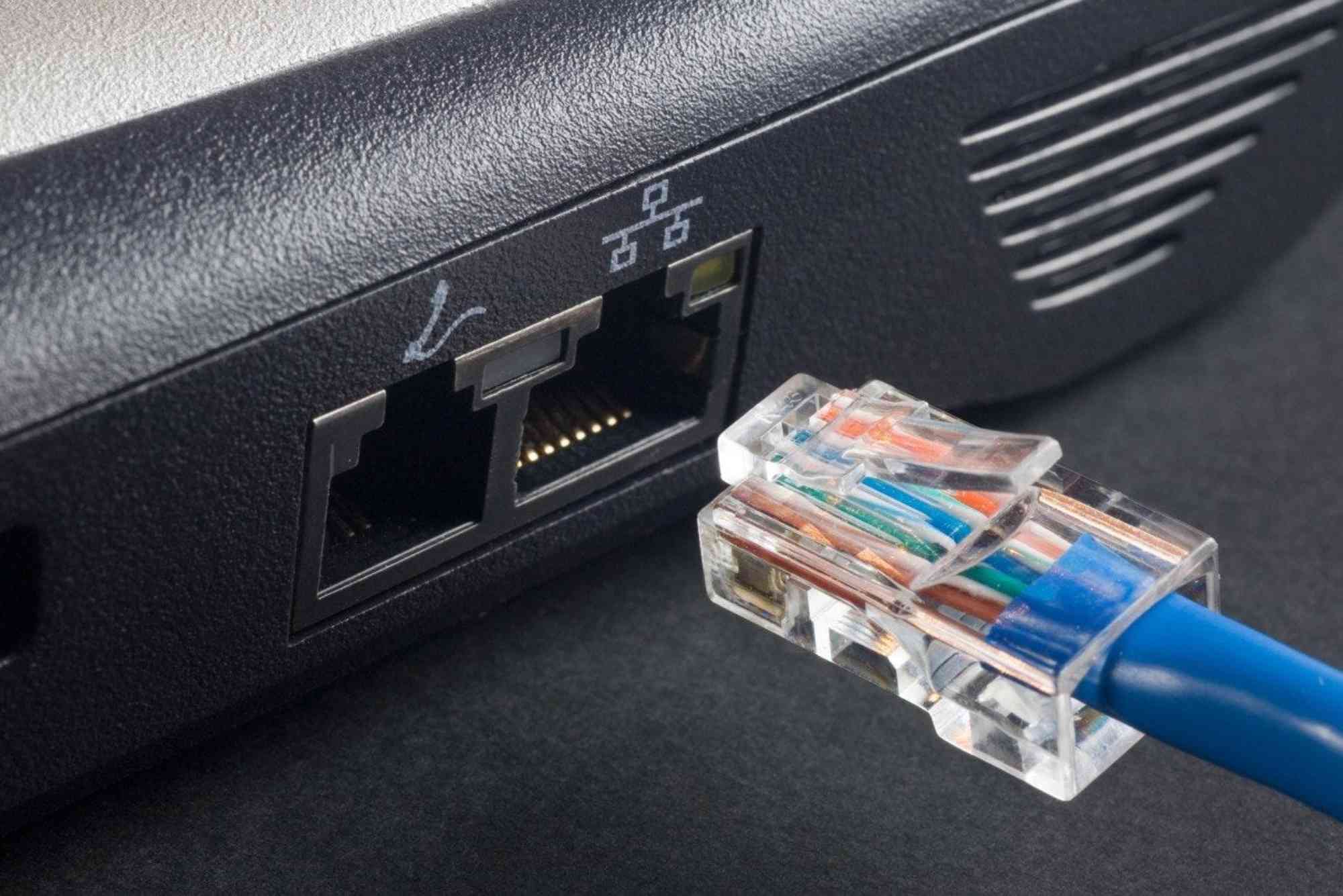Mesh Wi-Fi vs Wi-Fi Extenders: Which Is Better
A reliable internet connection is essential for everything from streaming and gaming to remote work and smart home devices. Yet, many households still face the common frustration of weak Wi-Fi signals in certain rooms. To solve this, two popular solutions dominate the market: mesh Wi-Fi systems and Wi-Fi extenders. The debate of mesh Wi-Fi vs extenders has become increasingly important as homes get larger and devices multiply.
This guide explores the differences, advantages, and drawbacks of each option. By the end, you will know which solution suits your home, lifestyle, and internet usage.
Understanding the Basics of Wi-Fi Coverage
Before comparing mesh Wi-Fi vs extenders, it helps to understand why coverage gaps exist in the first place. Traditional routers broadcast a Wi-Fi signal from a single point. In smaller apartments, this often works fine. However, in multi-story homes or larger spaces with walls and furniture, the signal weakens. Dead zones appear where the router’s reach falls short.
To fix this, manufacturers introduced two solutions. Extenders work as boosters, while mesh systems create a blanket of coverage across your home. Let’s break them down further.
What Is a Wi-Fi Extender?
Wi-Fi extenders, also called boosters or repeaters, are small devices that capture your existing router’s signal and rebroadcast it. Their main job is to push your Wi-Fi into hard-to-reach corners of your home.
How Extenders Work
An extender connects wirelessly to your router and repeats the signal. Some models can also connect via Ethernet for a stronger link. Once installed, you can use the same Wi-Fi network, but often with a new SSID (network name) for the extended area.
Benefits of Extenders
Extenders are affordable and easy to set up. They are ideal if you only need better coverage in one or two rooms. For example, if your office is just out of range, an extender can solve the issue without requiring a full system upgrade.
Limitations of Extenders
The main drawback is speed loss. Because extenders duplicate the signal, your devices may experience reduced bandwidth. Switching between your main router and the extender’s network can also be inconvenient. For households with multiple users streaming or gaming, this solution can feel limiting.
What Is a Mesh Wi-Fi System?
Mesh Wi-Fi systems take a different approach. Instead of relying on a single router and signal boosters, mesh creates a network of multiple nodes. Each node communicates with the others to deliver strong, seamless coverage throughout the home.
How Mesh Systems Work
A mesh system typically includes a main hub connected to your modem and several satellite nodes placed around your home. Unlike extenders, all nodes share the same SSID, so you move from room to room without dropping the connection.
Benefits of Mesh Wi-Fi
The biggest advantage is seamless coverage. Mesh systems eliminate dead zones by creating overlapping coverage zones. They also offer better performance since data can hop between nodes using the fastest path. Many mesh systems come with smart features like app control, parental filters, and guest networks.
Limitations of Mesh Systems
The biggest downside is cost. Mesh systems are more expensive than extenders, making them less attractive for small apartments or light users. Setup may also take longer, although modern apps have simplified the process significantly.
Mesh Wi-Fi vs Extenders: Key Differences
When deciding between mesh Wi-Fi vs extenders, consider several important factors.
Coverage
Extenders improve coverage in specific spots, while mesh systems cover the entire home. If you only need one room fixed, an extender might be enough. For larger homes, mesh is the clear winner.
Speed and Performance
Mesh systems provide faster and more stable connections because they avoid the speed loss common with extenders. For households with 4K streaming, online gaming, or multiple users, mesh offers better reliability.
Network Management
With extenders, you may need to switch between multiple network names. Mesh systems use a single SSID, ensuring seamless roaming across your home.
Price Point
Extenders are budget-friendly, often costing a fraction of mesh systems. However, investing in mesh pays off for long-term performance and convenience.
Scalability
Mesh systems are built to grow. You can add more nodes as your needs expand. Extenders, however, often complicate the network if you try to use more than one.
Which Is Better for Your Home?
Choosing between mesh Wi-Fi vs extenders depends on your home size, internet usage, and budget.
If you live in a small or medium apartment and only face weak signals in one corner, an extender is the simplest fix. On the other hand, if you live in a multi-story home or have many devices connected simultaneously, mesh Wi-Fi delivers a more future-proof solution.
For example, a family with smart TVs, gaming consoles, laptops, and smart home devices spread across multiple rooms will notice the smoother performance of mesh Wi-Fi immediately.
Real-World Use Cases
Imagine a student living in a studio apartment. Their router already covers most of the space, but the balcony has a weak signal. An affordable extender quickly fixes the problem without unnecessary cost.
Now, picture a family in a five-bedroom house. The router in the living room struggles to reach the upstairs bedrooms. An extender in the hallway helps, but switching between networks is a hassle. Installing a mesh system, however, ensures every room has strong, seamless Wi-Fi without interruptions.
Both scenarios show that the right choice depends on individual needs.
FAQs
Do Wi-Fi extenders slow down the internet?
Yes, most extenders reduce speed because they repeat signals instead of creating direct paths.
Is mesh Wi-Fi worth it?
Mesh systems are worth it for larger homes or if you rely heavily on high-speed internet for multiple devices.
Can I use both a mesh system and extenders together?
Technically, yes. However, combining them may create unnecessary complexity. It’s usually best to stick with one solution.
Which is better for gaming: mesh Wi-Fi or extenders?
Mesh Wi-Fi is better for gaming since it reduces lag and provides consistent low-latency connections across the home.
Do mesh systems replace routers?
Yes, most mesh systems act as both a router and an extender network, so you don’t need a separate traditional router.
The debate of mesh Wi-Fi vs extenders comes down to coverage, performance, and budget. Extenders are cost-effective for small fixes, but they come with compromises in speed and convenience. Mesh Wi-Fi systems, though pricier, offer seamless, high-speed coverage for larger homes and heavy internet users.
If you want a quick and budget-friendly fix, choose an extender. But if you value performance, future scalability, and hassle-free internet everywhere in your home, mesh Wi-Fi is the smarter investment.
For those living in areas with growing internet demands, providers like Dhanote Internet Services can help you make the most of your setup with reliable connectivity options. Whether you choose mesh Wi-Fi or an extender, pairing it with a stable internet plan ensures the best results.







